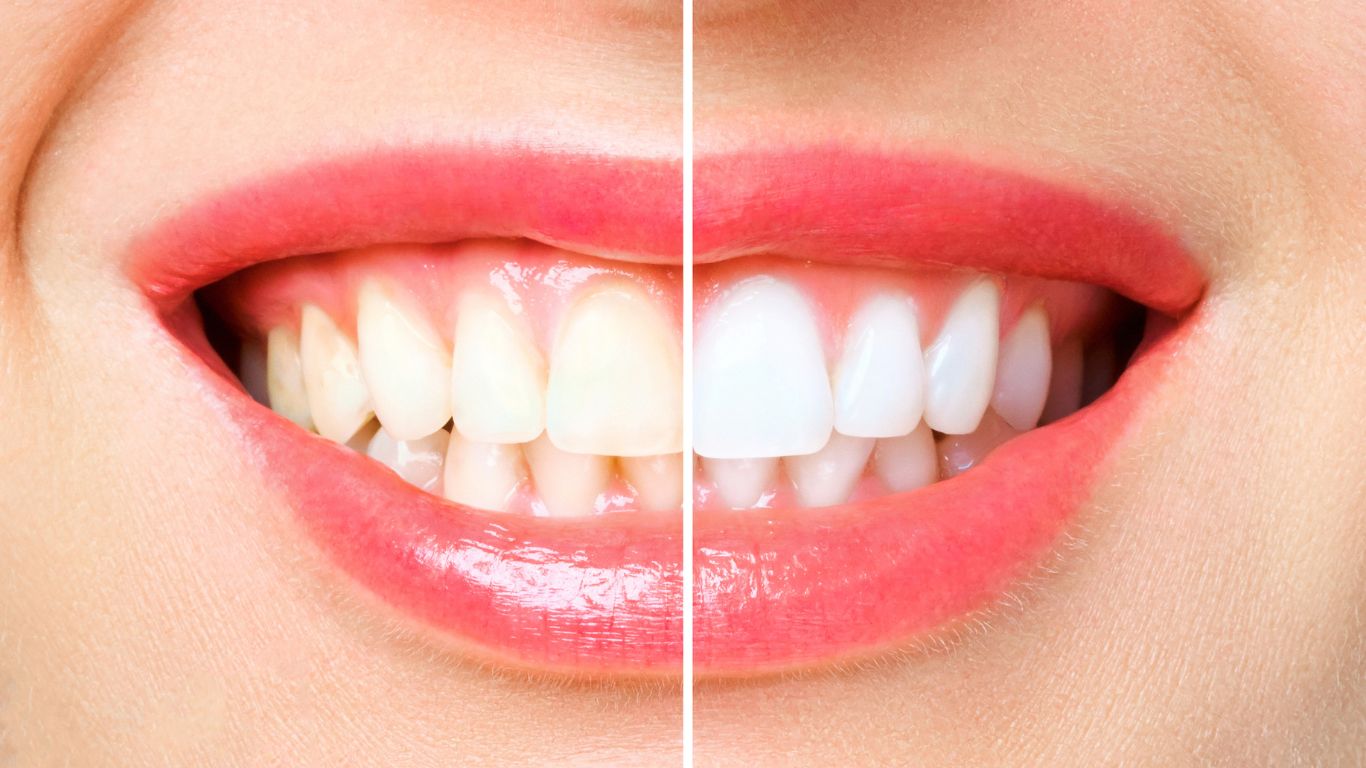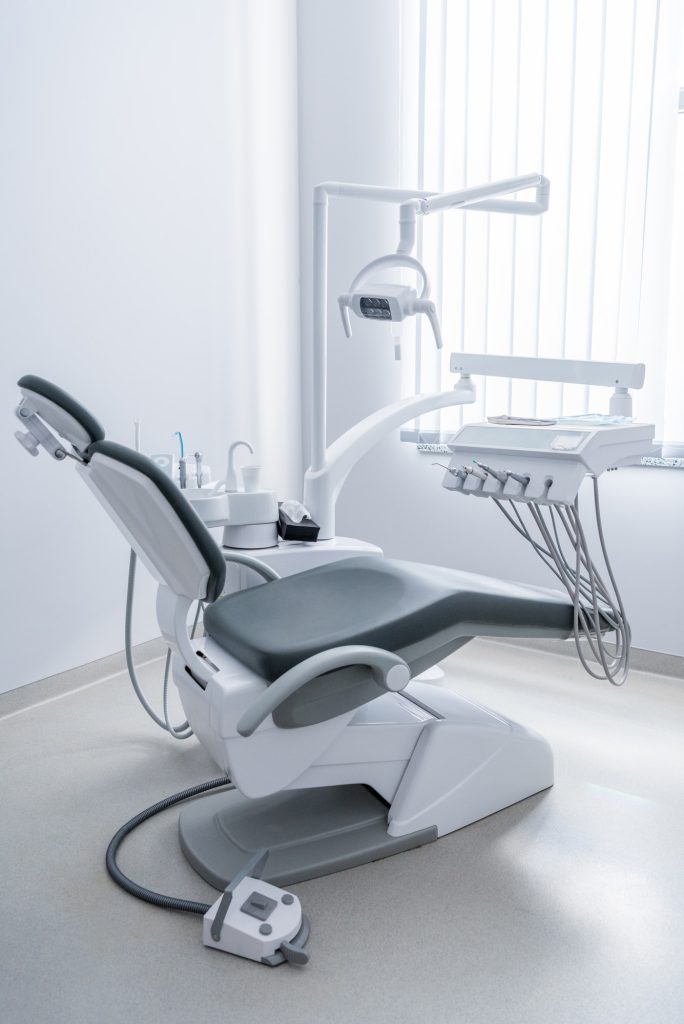If you’re considering teeth whitening but already have dental restorations such as fillings, crowns, veneers, or bridges, it’s natural to wonder if teeth whitening treatments will be effective for you. This is a common concern because whitening agents interact differently with natural teeth compared to artificial dental materials. Understanding how your restorations respond to whitening will help you make informed choices for both your oral health and smile aesthetics.
How Teeth Whitening Works
Teeth whitening is a widely used cosmetic dental procedure designed to lighten the natural colour of your teeth. The most common active ingredients in whitening treatments are hydrogen peroxide and carbamide peroxide. These bleaching agents penetrate the enamel—the hard, outer layer of your teeth—and break down the molecules that cause discolouration.
Common factors that lead to tooth staining include:
- Consuming dark-coloured drinks like coffee, tea, red wine, and certain fruits
- Tobacco use, including smoking and chewing
- Over time, the enamel may become thinner, making the yellow dentine beneath more visible.
- Surface stains caused by inadequate oral hygiene
Through an oxidation process, these bleaching agents lighten the enamel by breaking down the pigmented molecules, resulting in a brighter and whiter smile. Teeth whitening can be performed professionally by your dentist with stronger solutions or at home using milder over-the-counter products such as whitening strips and gels.
Do Whitening Products Affect Dental Restorations?
It’s important to know that whitening treatments only lighten natural tooth enamel. Unlike natural teeth, restorations like dental crowns and bridges, veneers, and composite fillings, are made from materials that aren’t affected by bleaching products. These materials are colour-stable and non-porous, meaning they won’t lighten or change colour during or after whitening treatments.
Because of this, while your natural teeth may become visibly whiter, your restorations will remain their original shade. This can sometimes cause a noticeable difference in colour, especially if the restorations are in visible parts of your smile. That’s why cosmetic dentists carefully assess your existing dental work before recommending whitening.
What Happens When You Whiten Teeth with Restorations?
When you undergo teeth whitening, only your natural teeth will change shade. The contrast between your newly whitened teeth and unchanged restorations may become more obvious. For example:
- A porcelain crown matched to your original tooth shade before whitening will remain that same colour.
- Composite fillings will not lighten even as the surrounding enamel becomes brighter.
- Veneers and bridges will keep their initial colour, potentially making them look dull or mismatched next to whitened teeth.
This uneven colouring can affect the overall harmony of your smile, especially if you have several visible restorations. Your dentist can advise you on how whitening might impact your smile’s uniformity and whether further cosmetic treatments could be necessary.
Should I Whiten Teeth Before or After Getting Restorations?
Whitening before restorations:
If you’re planning to have new dental restorations such as crowns, veneers, or fillings, it’s usually best to complete teeth whitening first. Whitening beforehand allows your dentist to match the shade of your restorations to your lighter natural teeth, resulting in a more natural and seamless smile.
Whitening after restorations:
If you already have dental restorations, whitening treatments will only affect your natural teeth, leaving the restorations unchanged. This can cause a mismatch in colour. In such cases, your dentist may suggest replacing older restorations after whitening to achieve consistent colour across your smile.
Are There Risks Associated with Whitening Teeth That Have Restorations?
Teeth whitening is generally safe when done properly, but a few considerations apply if you have restorations:
- Dental consultation: Always have a thorough dental examination before whitening. Your dentist will check the condition of your restorations and natural teeth to rule out issues like cavities, cracks, or leaks.
- Sensitivity and irritation: Whitening agents can cause temporary tooth sensitivity or gum irritation. If restorations are damaged or poorly sealed, bleaching gels might seep underneath, worsening sensitivity or causing harm.
- Avoid whitening broken restorations: Don’t use whitening products on cracked or leaking restorations. These should be repaired or replaced first.
- Long-term care: Frequent whitening won’t harm your restorations, but replacing restorations to keep colour matching can increase costs over time.
What Are My Options If Whitening Won’t Match My Dental Restorations?
If whitening creates a colour mismatch due to restorations not changing shade, your dentist may recommend:
- Replacing restorations: New crowns, veneers, or fillings can be custom-shaded to match your whitened teeth.
- Cosmetic bonding or veneers: These treatments can improve colour uniformity, covering mismatched areas or enhancing natural teeth.
- Professional cleaning and polishing: Regular dental cleanings can remove surface stains and enhance the appearance of both your natural teeth and restorations.
Your dentist will help you choose the best option based on your smile goals, dental health, and budget.
Is Teeth Whitening Right for Me?
Teeth whitening is an effective way to brighten your natural teeth and boost your confidence. However, if you have dental restorations, it’s important to understand their limitations regarding whitening and plan your treatment accordingly.
At Radiant Smiles Dental Bundoora, our skilled dental team carefully evaluates your teeth and restorations to design a personalised treatment plan. Whether that includes professional whitening alone or combined with restoration replacement or cosmetic procedures, our goal is to help you achieve a radiant, natural-looking smile.
Book a consultation today to discuss your options and take the next step toward the smile you deserve.








